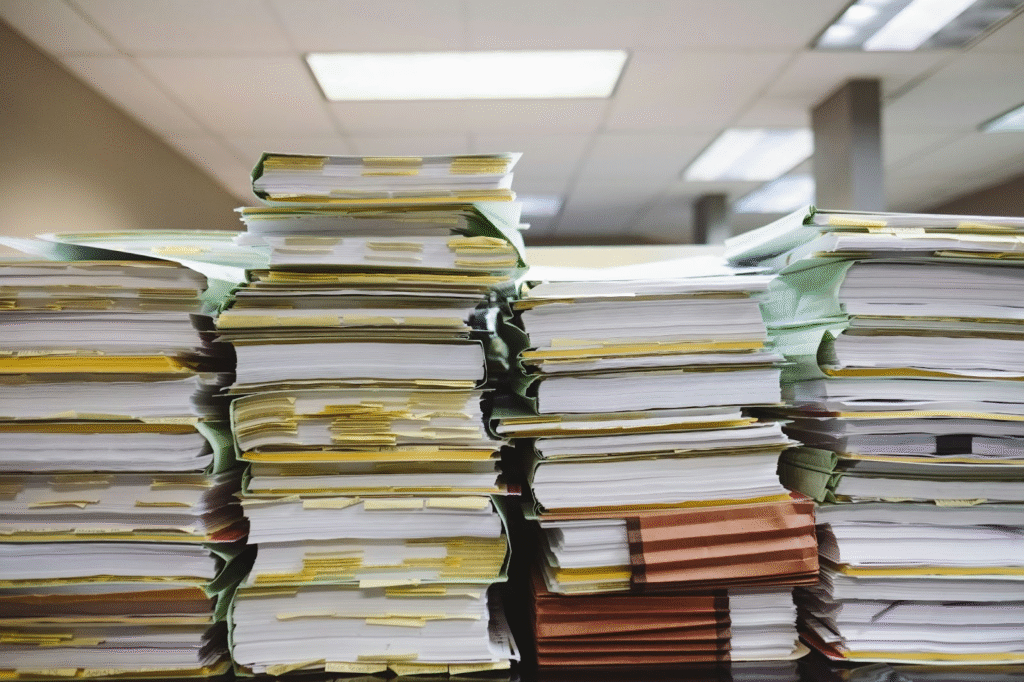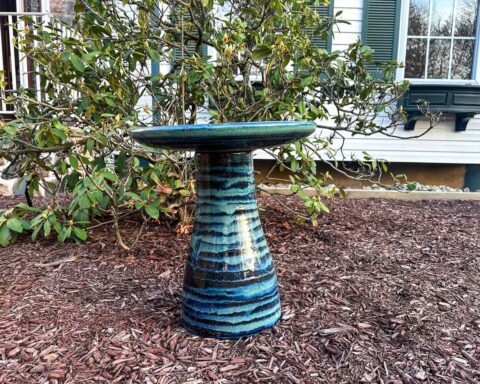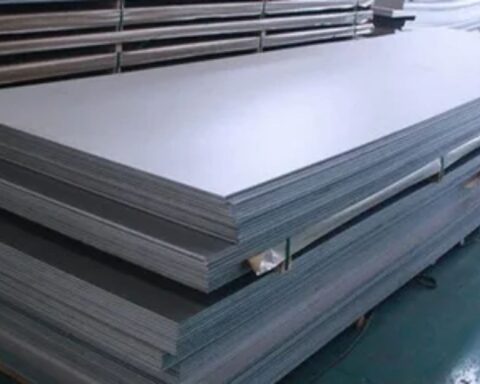Dubai has been standing as a testament to architectural impeccability and luxury living; however, the city’s latest prestige element is not anchored on skyline height or material used, but on intelligence.
Smart home technology is redefining the connection between residents and their living spaces, and developers in Dubai have become competitive in incorporating connected systems directly into newer developments.
From keyless door locks and app-based climate control to predictive maintenance and overall home energy management, smart integrations are shifting buyer expectations, fostering rental premiums, and enhancing urban planning.
Whether you’re a real estate professional, an investor, or just a property owner, understanding how automated systems, AI, and IoT are optimizing functionality, value, and experience is now essential.
Pre-Integrated Smart Systems: A Standard Selling Point
Most premium properties in Dubai are now coming with pre-installed smart packages. These integrated home systems are replacing the traditional experience of luxury and surfacing as a new baseline for a premium lifestyle.
Leading developers like Emaar, Meraas, Binghatti, and Damac are incorporating remote access, app-centered temperature and lighting controls, and integrated security as the base of their products. These elements increase properties’ appeal among global investors as well as tech-savvy buyers. Beyond convenience, the smart packages reflect building-level commitment and modern living that future-forward buyers expect in a city built on innovation.
Enhanced Functionality and Reduced Operational Costs
Energy-monitoring dashboards, automated shading, smart thermostats, and zoned HVAC controls deliver noticeable expense cuts in a hot climate where cooling raises power consumption costs. Peak-load demand ultimately flattens when consumption is optimized based on weather forecasts and occupancy.
In terms of functionality, sensor data enables predictive maintenance, which minimizes unexpected failures and reduces long-term repair costs for MEP equipment and common area systems. In a dynamic city where overall costs of ownership influence rental yields and resale values, these operational benefits are becoming a crucial part of a real estate investment.
A New Vision for Security
Security has always been pivotal to Dubai’s residential inventory, and smart tech has taken it ahead of the curve. Smart homes in Dubai now offer high-resolution IP cameras, keyless access, video-door intercoms, and automated alarms. These multiple security features are unified into one application to provide the owner with remote access. The outcome is a faster and more tailored security response.
Also, the enhanced security systems identify unusual events sooner and allow residents to monitor access and deliveries in real time. This blend of convenience and unrivalled security attracts high-net-worth individuals and stands as a unique selling point in both higher rental pricing and purchase decisions.
Marketability and Tenant Experience
Property managers and landlords in Dubai are discovering that smart integrations justify high rental prices and improve occupancy. Tenants, specifically expats and young professionals, value the convenience of efficient utilities, app-driven systems, and cutting-edge entertainment integrations.
Properties labelled as “fully integrated” or “smart-ready” often allure long-term contracts and faster lets. These systems stimulate daily life experience and align with modern work-from-home demands. Most asset managers and real estate agents are now listing the properties incorporated with smart ecosystems only.
City-Scale and Regulatory Momentum
Dubai’s municipal and authoritative bodies have been unfolding the goals to make the city more digital and embrace a data-driven future. According to Statista reports, the UAE’s smart home market is likely to witness a 10.49% growth from 2024 to 2030.
Strategic initiatives from Dubai Future Foundation and Smart Dubai encourage connectivity, smart city standards, and data governance. These policies also promote a wider vision of enhanced infrastructure and home automation.
When city authorities prioritize digital incorporation, developers become more active to follow the trend. This alignment fosters IoT and AI integration at large-scale levels across the neighborhoods and buildings, making it easier to execute revolutionized service and energy platforms.
Why Smart Home Features are Significant to Investors
The UAE research market predicts a solid 10.5% growth from 2025 to 2033 in the Emirati Smart Home Market. This tremendous forecast for the smart home sector is driven by tech-driven adoption rates, rising incomes, and a surging appetite for IoT-oriented products.
Various segments, particularly energy management, security, and smart entertainment, will likely encounter steady growth. The benefit for property investors is clearly demonstrated! Buildings and homes with upgraded smart infrastructure will enjoy improved resale values, stronger long-term demand, and low vacancy risk compared to non-smart units.
Buyer Cautions and Challenges
Despite the increasing demand, property managers and buyers address expected challenges, like:
- From occupancy patterns to camera feeds, data privacy and cybersecurity require rigorous vendor due diligence and secure installation practices.
- Decentralized vendor communities can produce rigid installations that become complicated to maintain or upgrade.
- Locked-in proprietary systems limit future choices.
It is also advised that buyers request API standards from developers, a transparent privacy policy agreement, and a warranty for smart components.
Practical Tips for Buyers and Developers
The following discussed practical measures to avoid future inconvenience and protect smart features’ longevity as markets evolve.
For Developers:
- Produce modular smart integrations that can be upgraded.
- Prioritize common standards and scalable backbone infrastructure, for instance, wireless connectivity and central controllers.
For Buyers and Investors:
Request documentation on;
- Cyber security assurances
- Energy savings
- Maintenance histories
Closing In!
Smart home technology is no longer a state-of-the-art gadget in Dubai, but has become a rapidly maturing component of property design, market, and valuation. Smart features can increase safety expectations, boost convenience, and optimize operational efficiency if implemented strategically.
Besides in-built advantages, these features ultimately benefit property investors. However, the balance between innovation and standard plays a central role for positive results, requiring no compromise on user control and cybersecurity.
Dubai is ready to thrive in its next chapter of future-ready living as private and public sectors are readily approaching digital integrations, making the urban fabric on a large scale and homes on a small scale more smart, innovative, and secure. Whether you’re a buyer, an investor, or a developer, accepting this shift is both an opportunity and a requirement for leading outcomes.
Read More Gorod








